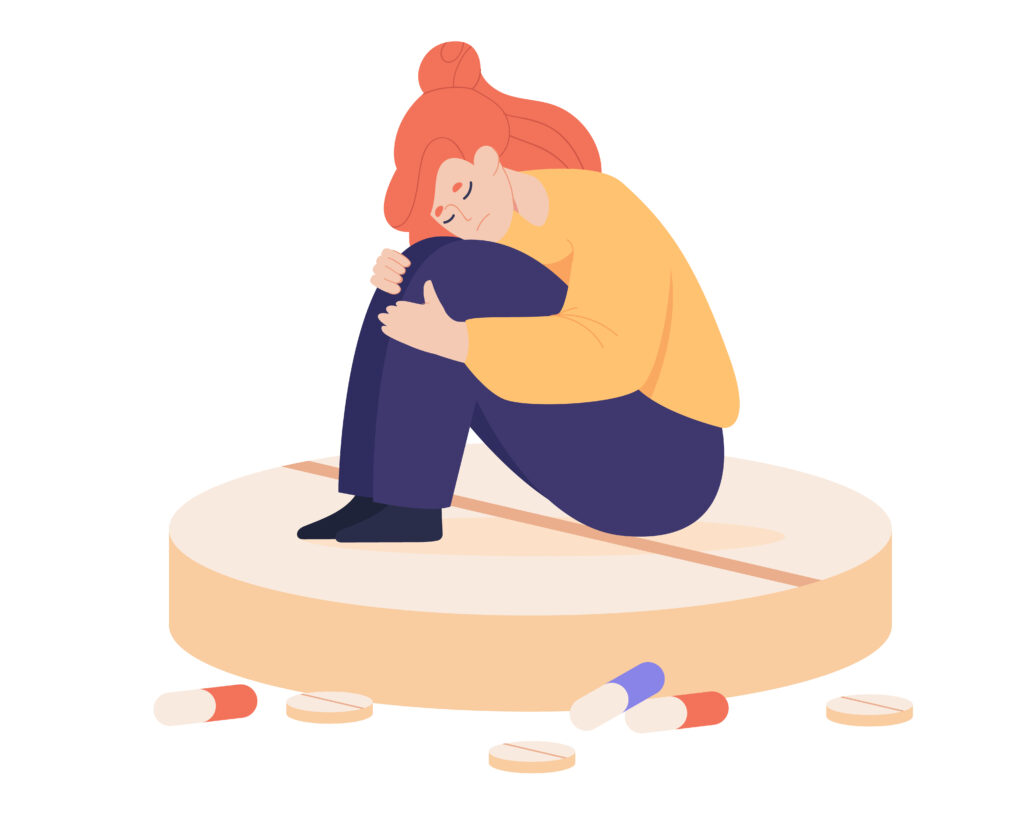In France, almost one third of people who live permanently on the streets suffer from serious mental disorders and very poor general health. Life expectancy for these people is reduced by 30-35 years, compared to life expectancy for the general population. The homeless are highly vulnerable yet are beyond the reach of conventional support services. An innovative pilot programme was implemented in 2011 to address this problem and provide adapted, concrete solutions. The results were conclusive and are backed up by figures. The innovative Un chez soi d’abord (Housing First) programme was widely rolled out in January 2017 to reintegrate homeless people suffering from several mental illnesses.

A tried-and-tested method
A successful programme in North America
The programme was already a success in the US, where it is called Housing First, in the 90s, and then in Canada. The challenge was to see if the scheme could be applied to a French context.
Housing First gained highly conclusive results on the other side of the Atlantic where 80% of people who received support were still in their housing after four years.A range of medico-social and economic parameters were assessed to demonstrate the programme’s success.
An initial experimental attempt in France
The State-funded programme, an inter-ministerial initiative, was launched in France in 2011 by health and housing ministers. It was initially tested on 800 homeless people suffering from several mental illnesses in four sites (Paris, Marseille, Toulouse, Lille) for three years. The people in these sites were helped by 40 professionals and monitored by research teams.
At each site the programme was set up by associations and hospitals in close cooperation with national institutions (prefectures, departmental social cohesion departments and regional health agencies).Local councils and housing stakeholders were also part of setting up the programmes.
A change in support for the most vulnerable
The programme offers direct access to ordinary and sustainable housing directly from the street. People benefitting from the programme do not have to accept medical treatment or abstinence (addictions) conditions or go through an emergency accommodation phase. In parallel, intensive support from social and medical workers is set in motion.
The rental agreement is regulated and secure for both landlords and tenants. Landlords are guaranteed that rent will be paid on time and that repairs will be made to the flat if necessary.
On-going multi-disciplinary support services
The intense and multi-disciplinary support services cover all aspects of life (healthcare, housing, employment, and citizenship, etc.) to make these people take an active part in their reintegration and their healthcare.
The housed person benefits from health team support (psychiatrists, addict specialists, GPs, and nurses, etc.) and social workers in the field.
Other specialists are also involved in the support services: for example, housing specialists, and peer health mediators who have themselves lived on the street and suffered from mental health issues.
Nationwide roll-out
Scientific studies to back up the benefits
A randomised, comparative trial was held to demonstrate the programme’s concrete success(1). At each site, two groups of people were monitored and assessed by a research team: half of the people benefited from access to direct housing through the Housing First programme and the other half benefited from conventional support services.
The results from the French Housing First model were much more consistent than those from the conventional model. This included well-being, mental health, and social reintegration criteria.
20 sites up and running in France
To offer the programme to as many people as possible, the French Inter-Ministerial Delegation for Accommodation and Access to Housing (DIHAL)(2), in charge of implementing this scheme, plans to continue to roll out the programme as widely as possible, including in rural sectors. To date, more than 20 sites are in operation.
Article updated on 10/10/22
